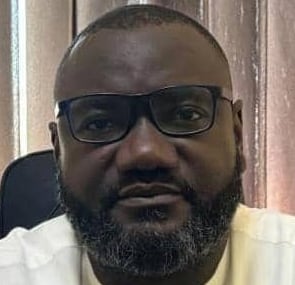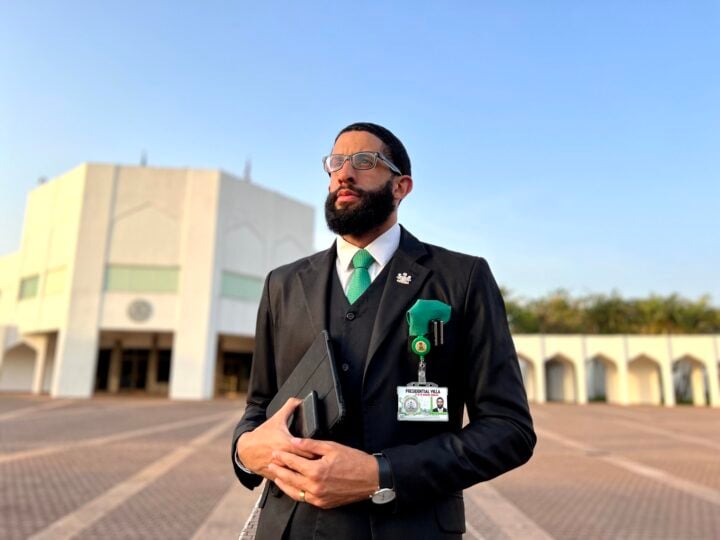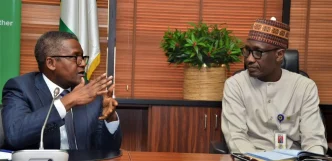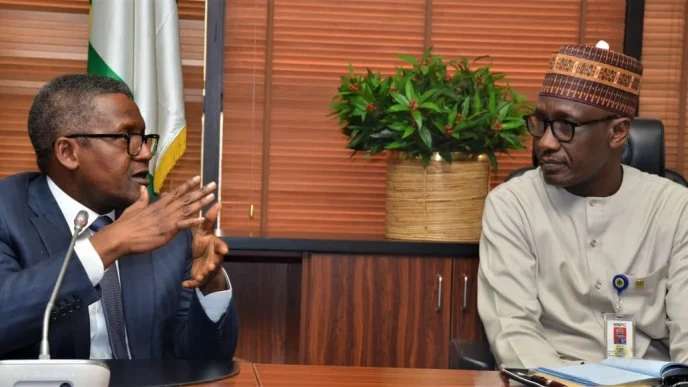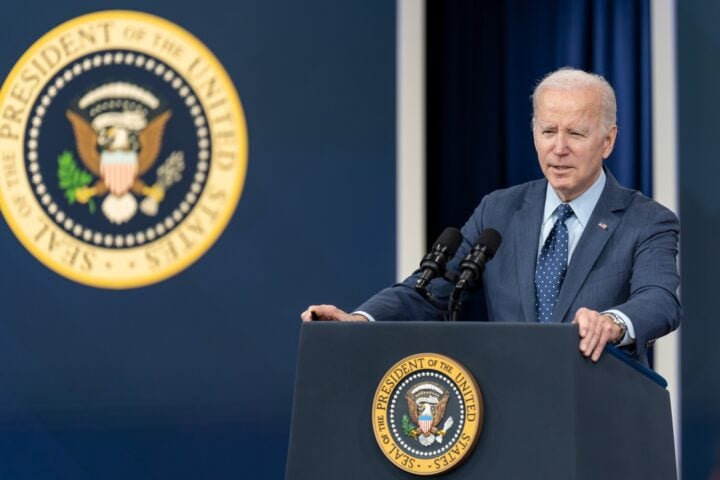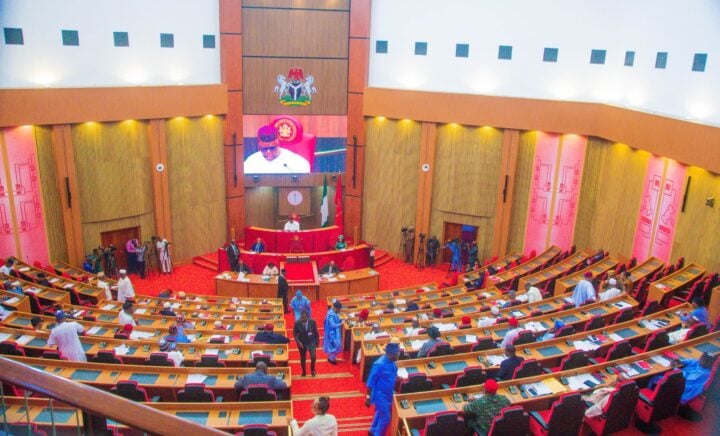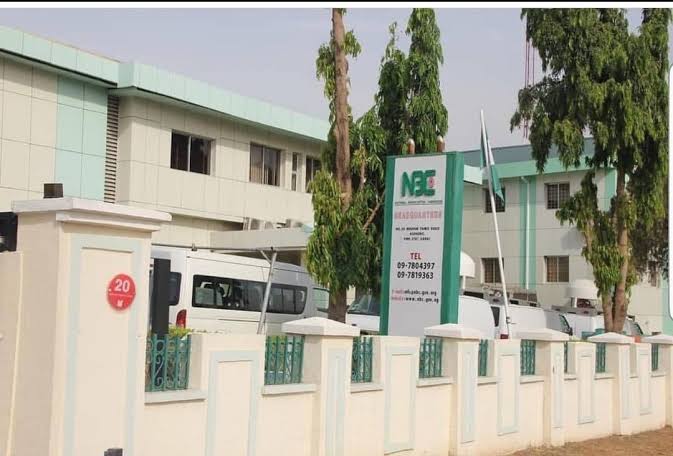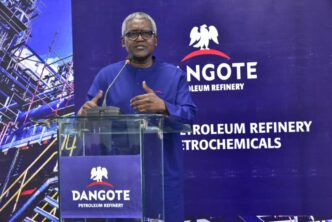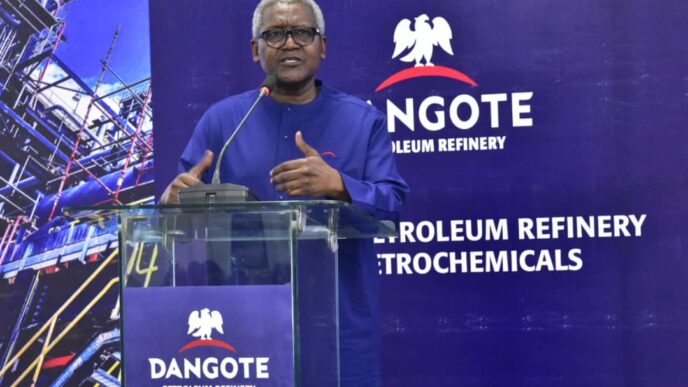It is common to hear that the youth are the leaders of tomorrow. It is more of a cliche because it has been mere talk and less action from successive governments in the country. This is not to say there haven’t been feeble attempts in this regard. However, the administration of President Bola Ahmed Tinubu is doing something daring and different. I can count the number of youths holding strategic positions in the government, which is unprecedented in our annals. The president might be playing a card with youth involvement in governance.
During campaigns, the president pledged to reserve cabinet positions for individuals under 40 and below 50 years. He made this pledge without duress, and he must be held accountable. Two questions would arise. Has the president fulfilled the pledge? And has the president reneged on his pledge? I will take a cursory look at the president’s appointments so far for individuals under 40 and below 50 years. I will also rely on positions occupied by these age groups in my assessment.
Dr. Jamila Bio Ibrahim is 38 years old and Minister of Youths. Her colleague, on the same brief, Ayodele Olawande, is reported to be in the same age bracket with her. In the annals of our democratic experience since 1999, both ministers remain the youngest to hold their present positions. Dr Betta Edu, the suspended minister of humanitarian affairs, is 37. Olubunmi Tunji-Ojo, the minister of interior, is 42 years old. Doris Uzoka-Anite is 43 and minister for Industry, Trade and Investment. Imaan Sulaiman-Ibrahim is 44 years old and the minister of state police affairs. Shuaibu Audu is 44 years old and the minister of steel development. Dr Olatunbosun Tijani, Minister of Communications, Innovation, and Digital Economy is 47 years old.
Ajuri Ngelale was appointed at 36. He is the Special Adviser to the President on Media and Publicity and Special Presidential Envoy on Climate Action. He is the youngest person to serve as a presidential spokesperson in Nigeria’s history. Doyin Okupe was 47 years old in 1999 when he was appointed presidential spokesperson. The late Remi Oyo was 51 in 2003 when she replaced Doyin Okupe as presidential spokesperson. Olusegun Adeniyi was 42 years old in 2007 when he was appointed presidential spokesperson to late Umaru Yar’Adua. Dr Reuben Abati was 46 years old in 2011 when he replaced Ima Niboro as the presidential spokesperson 2011. Femi Adesina was above 50 when he was appointed presidential spokesperson.
Advertisement
Khalil Suleiman Halilu is the Executive Vice Chairman and Chief Executive Officer of the National Agency for Science and Engineering Infrastructure (NASENI). He is 32 years old. Engineer Uzoma Nwagba is the Managing Director/Chief Executive Officer of the Nigerian Consumer Credit Corporation (NCCC). He is 36 years old. Zacchaeus Adedeji is 46 and the executive chairman of Federal Inland Revenue Services. Dr Aminu Maida is the Executive Vice Chairman of the Nigerian Communications Commission. He is 45 years old. This is an impressive list of appointees manning sensitive portfolios.
I will now attempt to answer the first question. Has the president fulfilled the pledge to reserve cabinet positions for individuals under 40 and below 50 years? Yes, the president has done that. The interesting part of this is the quality of those selected by the president. It indicates that the president didn’t play to the gallery. He was intentional. But that is not the catch. How was the president able to headhunt these young and brilliant individuals? Someone mentioned that the president is gifted in this regard. I recall when he was the governor of Lagos state. He headhunted some of the best young folks who became known names in the political landscape in Nigeria.
The second question. Has the president reneged on his pledge? No, the president hasn’t reneged. He matched his words with action in an unprecedented manner. The current composition of the federal executive council is the first of its kind in the country’s annals, and it has several young individuals holding strategic ministries. There is something about the president that most have not realized. He rarely works with persons older than him. Check his history as governor of Lagos state. He had a knack for bright and young minds. And he worked magic.
Advertisement
The same scenario is playing out. The president strategically adopted the same model; we can only expect magic to happen. Tough times we are experiencing. There is no doubt, and the president is not in denial. This much, he has stated. He inherited assets and liabilities, and there is no alternative than to taking tough decisions. The options were limited. We must understand this fact and not live in denial. The months and years are pregnant with translating our hopes and aspirations into tangible realities. I tried to remember a former president who was this strategic in his ways and means. I searched, and it returned with President Bola Ahmed Tinubu. I stand to be corrected.
The president is laying a pathway for young people to take over the reins of government. But the onus lies in the hands of the youths to monitor the president’s strategy closely. It is in our interest. The president might be playing a game with youth involvement in governance. Let’s see how things unfold.
Ocheja, a military historian and doctoral researcher, is an alumnus of the Nigerian Defence Academy.
Advertisement
Views expressed by contributors are strictly personal and not of TheCable.
Add a comment
